Bernice Orwig is not your average girls varsity high school water polo coach. What sets her apart are her two silver medals.
She had always loved the water, but high school was when Orwig first picked up a water polo ball.
“I started playing water polo when I was a freshman in high school,” said Orwig. “I signed up for a 6th-period swim, and the water polo coach called all of the incoming freshmen who signed up for the class, to come to try water polo. I grew up playing basketball and loved swimming although I had never swum on a team before. Water polo had both aspects, so I figured I would try it for the first year.”
Orwig worked hard throughout high school, and the hard work paid off. In 1995, She was offered an athletic scholarship to USC.
While men’s Water polo made its first Olympic appearance back in 1900, Women’s water polo was not an Olympic sport until the year 2000. In 1998, Orwig was invited to the first women’s water polo Olympic tryout camp.
“I made the initial team in the summer of 1998, but for the 1998-1999 school year, I chose to stay at USC to earn my degree instead of train full time with the National Team. I graduated in 1999 from USC and won a National title and was awarded The Peter J. Cutino Award for the Top Female Collegiate Water Polo Player for that year, which is similar to the Heisman Trophy for NCAA Football. After Graduation, I rejoined the national team who had not yet qualified for the Olympics. Our last chance was a qualification tournament in April of 2000.”
From August to April, the team trained six hours a day, five to six days a week.
“We had a three-hour session in the morning of dryland conditioning and water conditioning, then a three-hour session in the afternoon learning game plans, drills, and more game-specific training,” Orwig said.
The make or break April tournament took place in Palermo, Italy, where Bernice and her team had to place top two in order to qualify. After breezing through the first rounds, they had to play the Hungarian team in the semi-finals.
Hungary is considered the world’s top power in the history of water polo with a total of 84 medals, having won 15 Olympic, 11 World Championship, 10 FINA World Cup, eight FINA World League, 24 European Championship and 16 Summer Universiade medals and were non-surprisingly favored to win. However, lead by Orwig’s leadership from the goal, the USA team pulled off a grand upset.
“Most European teams were shocked we were able to pull the upset of the much favored Hungarian National Team,” Orwig said.
Two weeks later, Orwig broke her arm.
“I had to wait six weeks before I could start using my arm again. Once I was cleared to play, my elbow would keep getting injured and reinjured.[…] I was questioning whether I was going to be able to play at all. Thankfully, I had a fantastic support group of teammates, coaches, friends, and family.”
By the time the Olympics rolled around, Orwig was fully healed and in perfect condition, ready for the Olympic tournament.
Once finally at the Olympics, the team felt the pressure.
“We would tell ourselves it was just like any other tournament, to try to keep our nerves at bay. It could have been really overwhelming otherwise. I mean the whole world is watching what you do and wondering, will you be successful or will you fail. We were not expected to medal, the highest that prediction poles put us was for fourth place, just missing a medal, but we felt prepared and determined to do better,” Orwig said.
The nervous underdog team had in no way a smooth trip through the Olympic tournament.
“We made it to the semi-finals, where we matched up against the Netherlands, the most decorated women’s team, at that time projected to win Gold,” Orwig said.
At half time, the USA team was down 5-2. It was not looking good. The Netherlands team was lead by Gillian van den Berg, who was considered one of the best female water polo players of the time.
“I remember going underwater and thinking “no more goals” since I was the starting goalkeeper. We started to chip away at there lead and went up 6-5. We won the game 6-5 and advanced to the gold medal game,” Orwig said.
The Olympic games were in Sydney, Australia, and the gold medal game was between Team USA and Australia, who beat them earlier in the Games by one point.
“They were the favorites to win, so the Aussie fans cam out in numbers,” Orwig said.
There were over 15,000 spectators at the game, the most to ever watch a water polo game, men’s or women’s.
“The energy in the stadium was electric! It was a tied game throughout if we scored, they scored. It was tied 3-3 with 37 seconds left in the game. Australia ended up scoring with three seconds on the clock and won the Gold. We won silver,” Orwig said.
Orwig retired from playing in 2003 for several reasons, but mainly because she wasn’t enjoying the training anymore.
“I felt like I could never get my rhythm back in the goal after the loss in Sydney,” Orwig said.
She also was offered an assistant coaching position at UC Berkeley, which was an excellent opportunity for a long term career.
“From Berkeley, I was invited to be on the National Team coaching staff and was the goalkeeper coach and team leader for the 2008 Beijing Olympics where the team won silver again,” Orwig said.
Coaching in the 2008 games is what sparked Bernice’s love for coaching. It allowed her to be involved in what she loved without the training and risk of injury. Orwig was able to lead from the perspective of a coach with experience and understanding of a very successful player.
“I was able to play at a very high level, yet the whole time I had to work tremendously hard to get everywhere I went, not just physical, mentally as well. I studied the game, watched video, listened to my coaches, put myself in positions to learn. I feel this lead me to the path of coaching, to be able to break down a skill and be able to teach it. To know what it feels like in the water to fail at a skill or drill, then work through the steps to get it correct to be successful,” Orwig said.
Orwig sees her self as more of a fundamentals coach and hopes that her players can apply their skills outside of water polo.
“I will teach an athlete the correct steps to a skill for them to be successful at whatever level of water polo that may be,” Orwig said.
Another aspect of Orwig’s coaching is learning from her past coaches.
“I had amazing coaches, some of the best coaches in the world, literally on paper they were the best,” Orwig said.
The most influential coach of Orwig’s, however, was not statistically superior. She had very little knowledge of water polo at all.
“The most inspiring coach I had, who inspired me to coach was in high school. My sophomore and junior year, we did not have an actual water polo coach. The swim coach saw a need and decided to fill it. Her name is Patty Smith. She knew a little about water polo and taught us what she knew. Then she would research to learn more, to help us more. She pushed us, just as she was pushing herself, outside her comfort zone to find success. My Junior year, we did not have much success in terms of winning games; in fact, I don’t know if we won a single game. Yet, we were all successful because of what she taught us; every individual athlete learned about themselves and what we could accomplish as a team,” Orwig said.
Coach Smith was also the reason Orwig pursued such an advanced level of water polo.
“She saw something in me. I didn’t know I had, talent, but raw talent. I needed more than what she could offer me. She found out about Junior National Team tryouts and urged me to apply and go! I did, and it changed my life forever. For that, I am forever grateful to her!” Orwig said.
Orwig strives to inspire her players and change their lives for the better just as her coach did years prior.
“The road to the Olympics was long, yet at the same time pretty short in the scheme of things. It only took ten years from my first time playing the sport to making an Olympic Team. Some train their whole lives to do that, and it may never happen,” Orwig said.


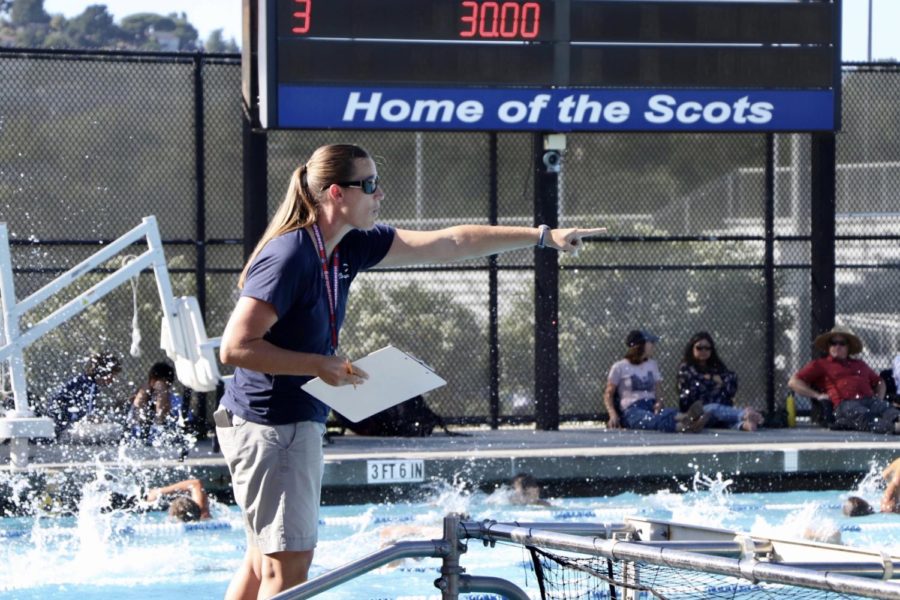
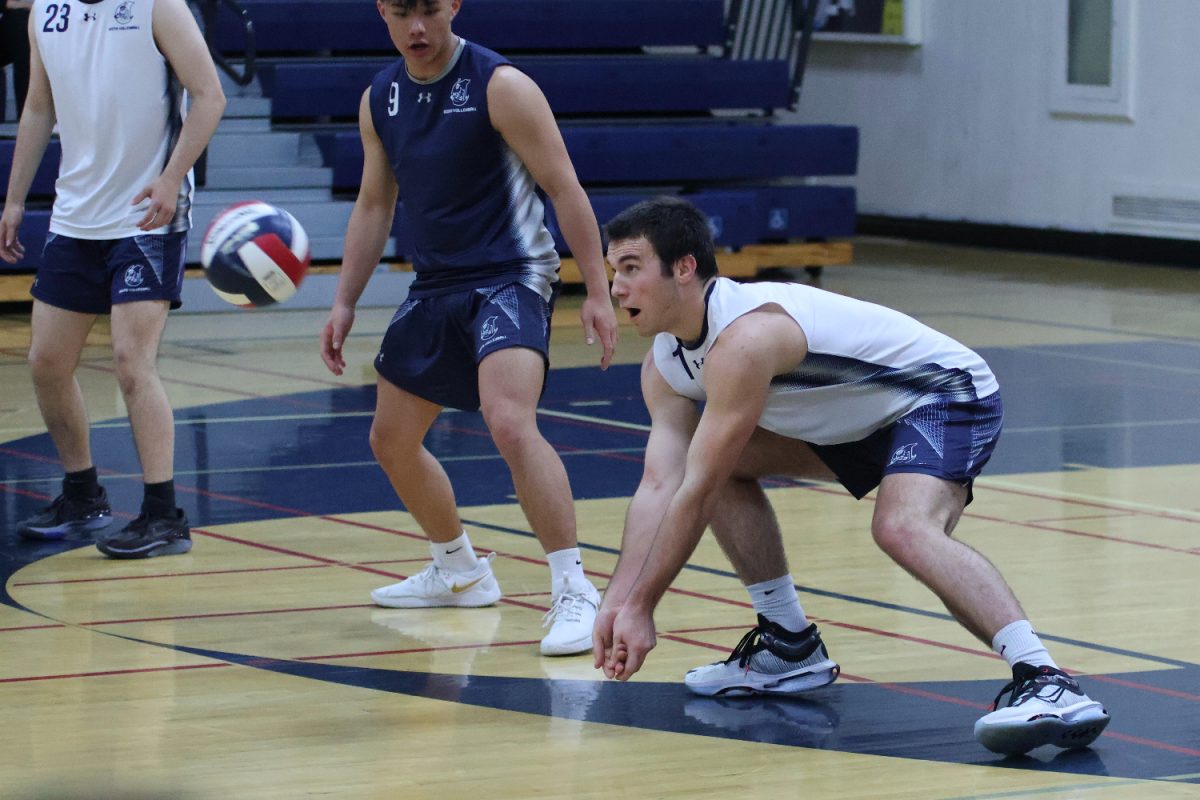
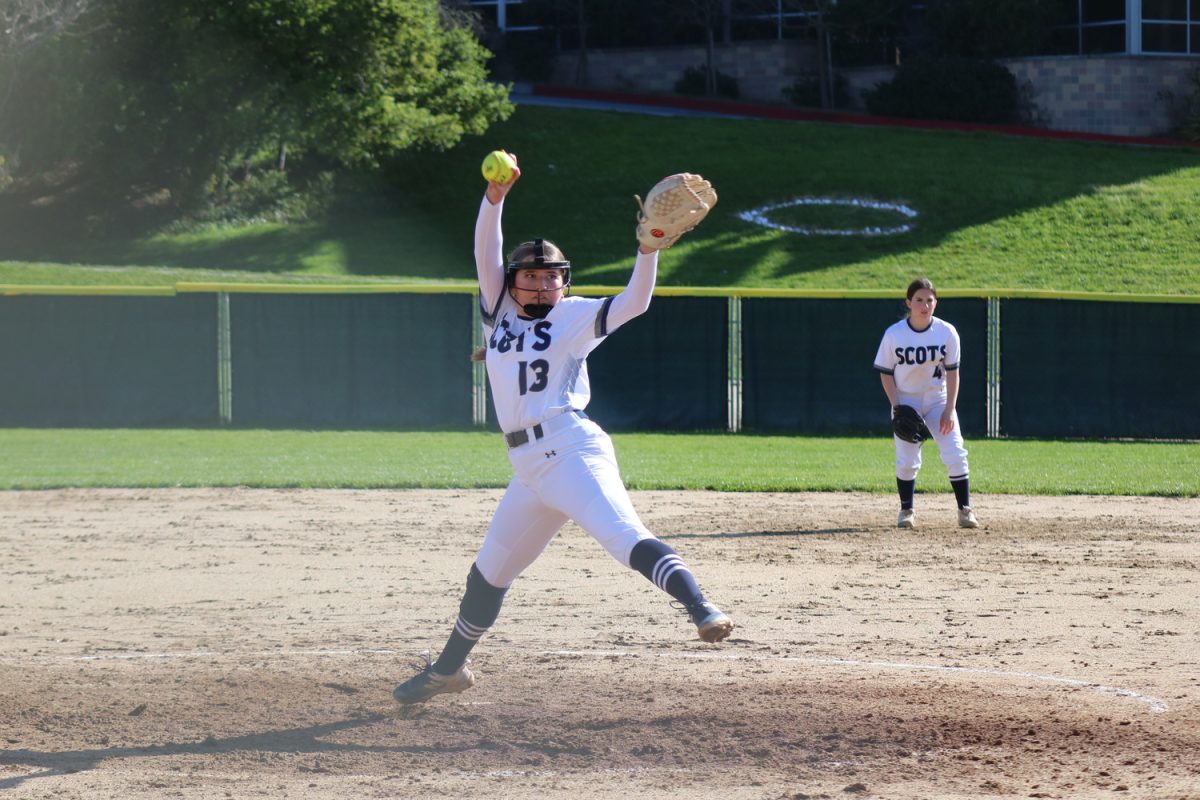
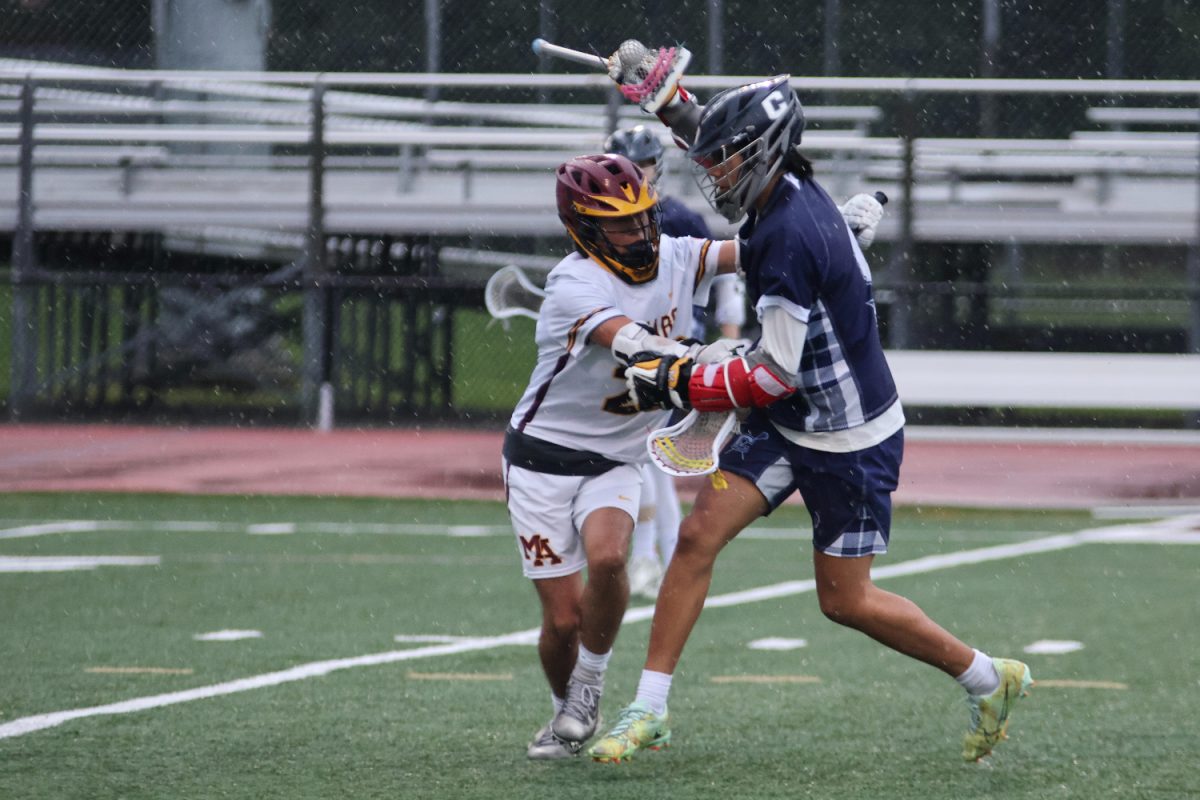
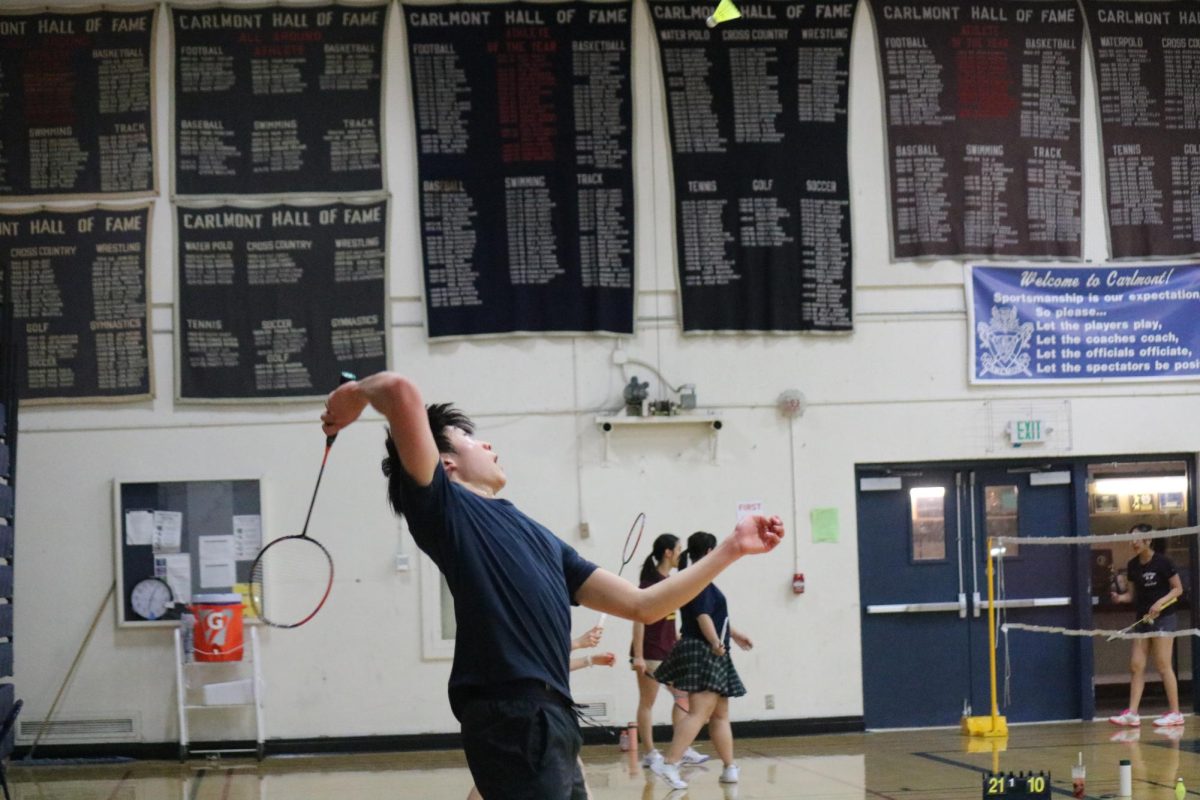
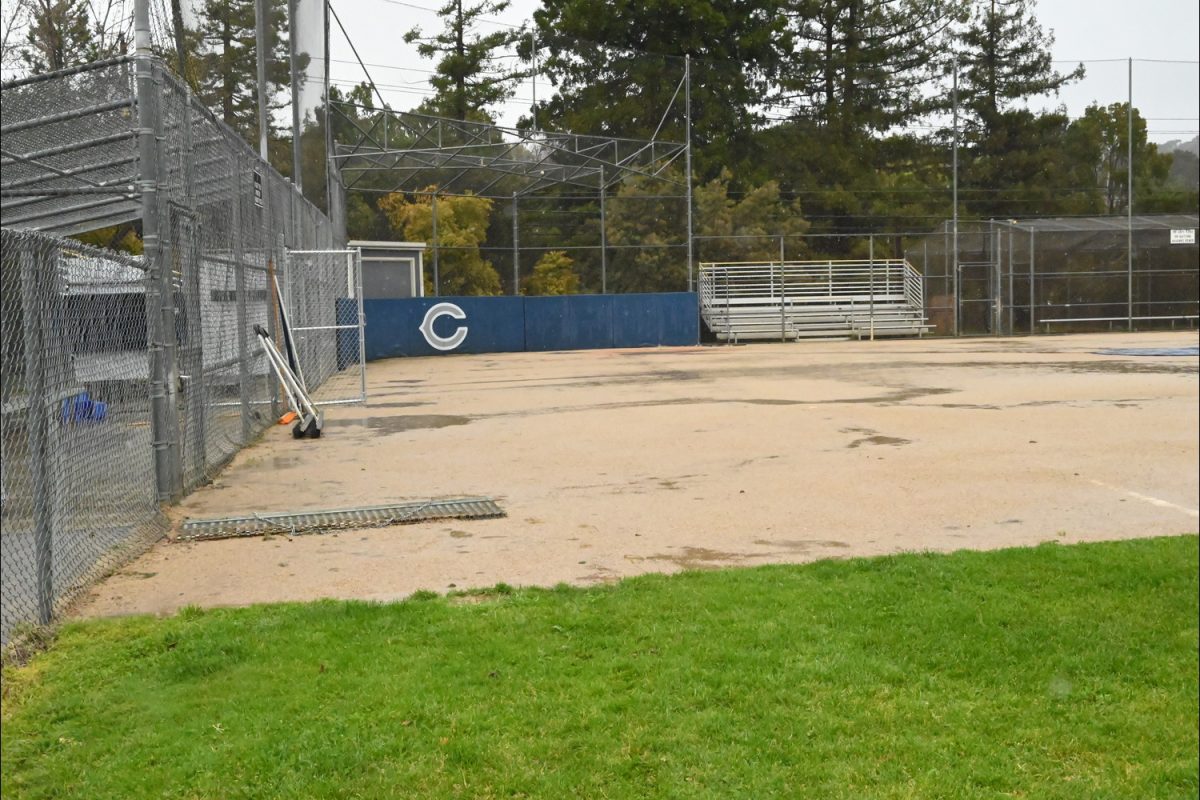

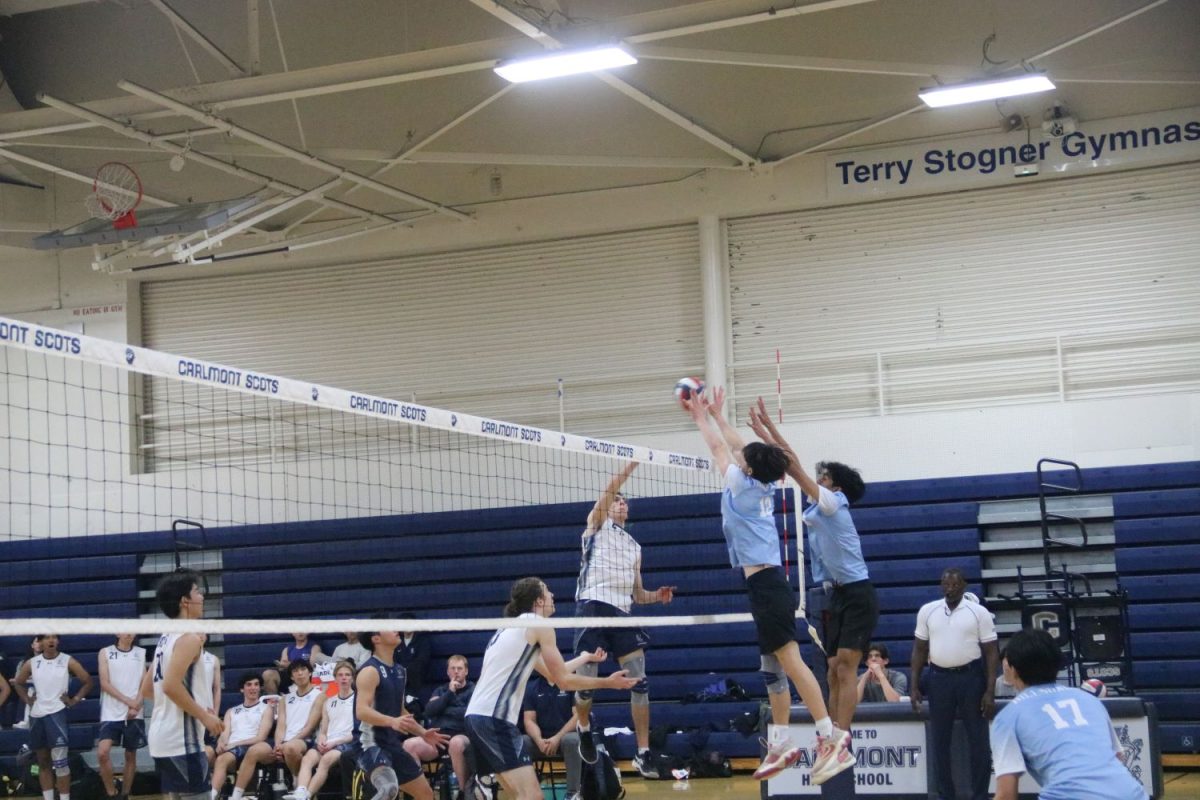
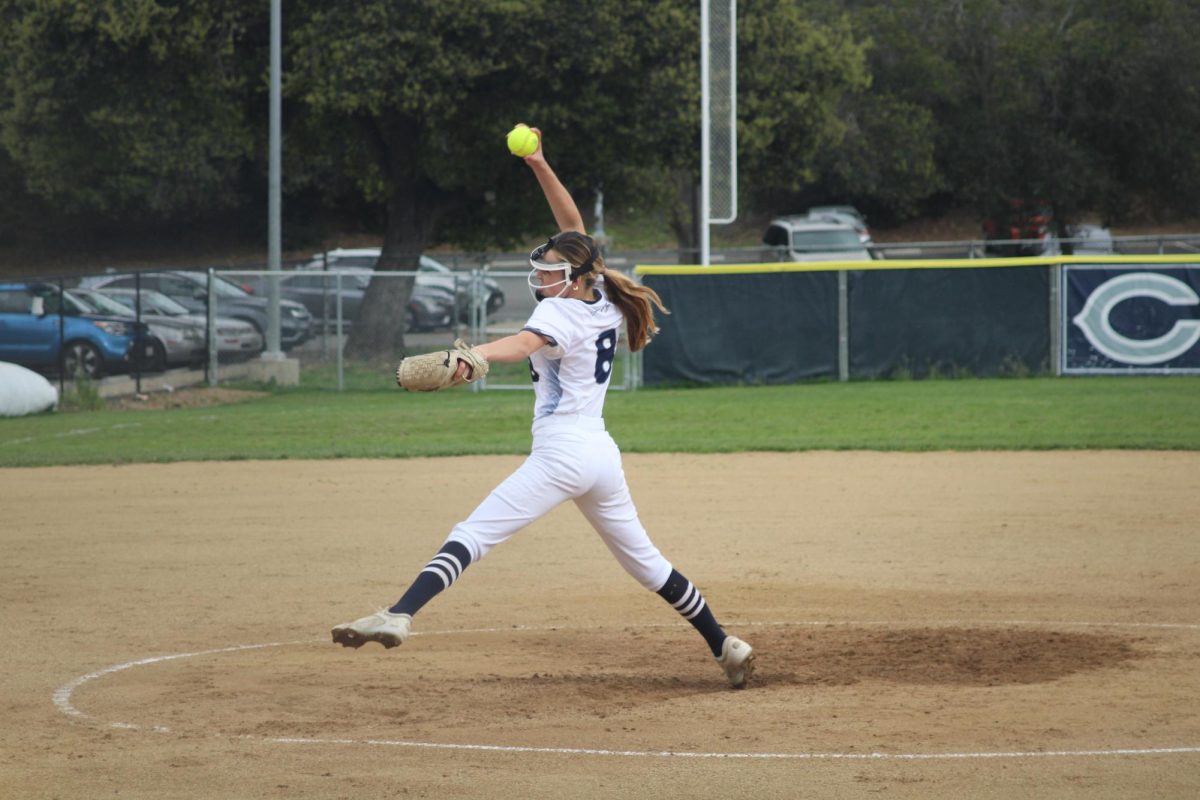
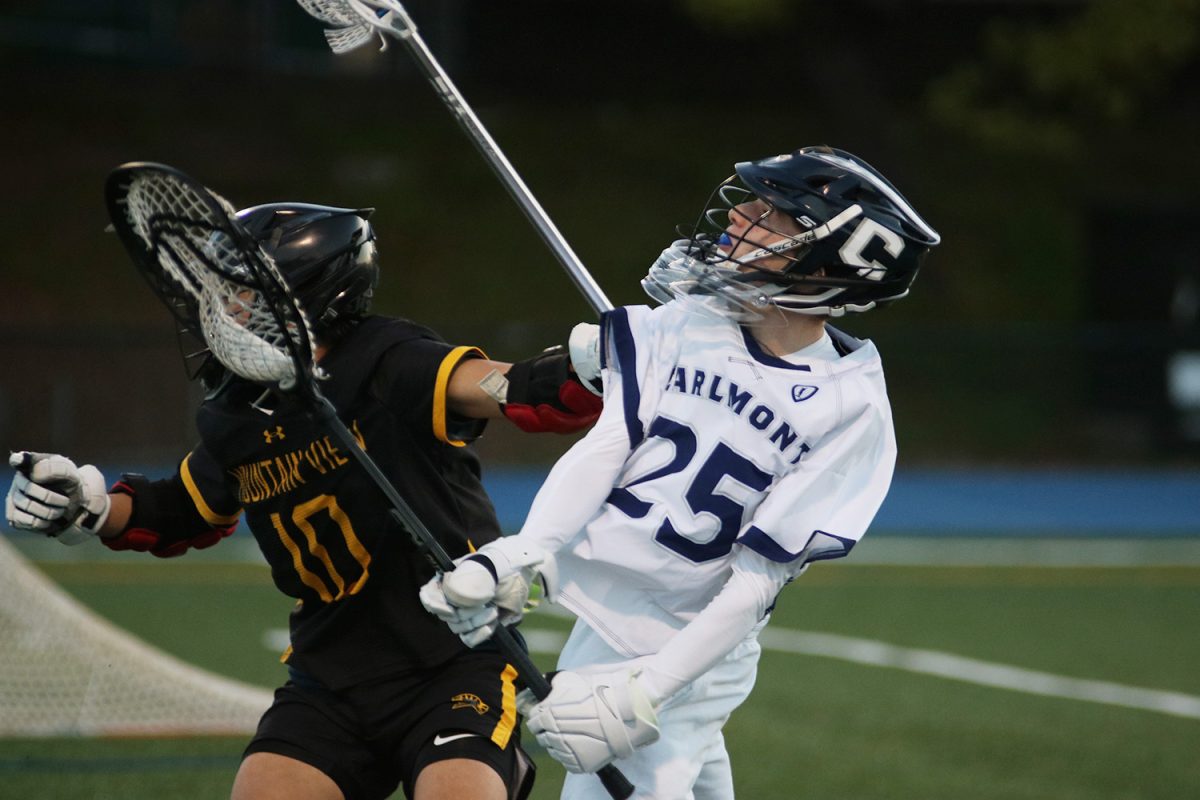
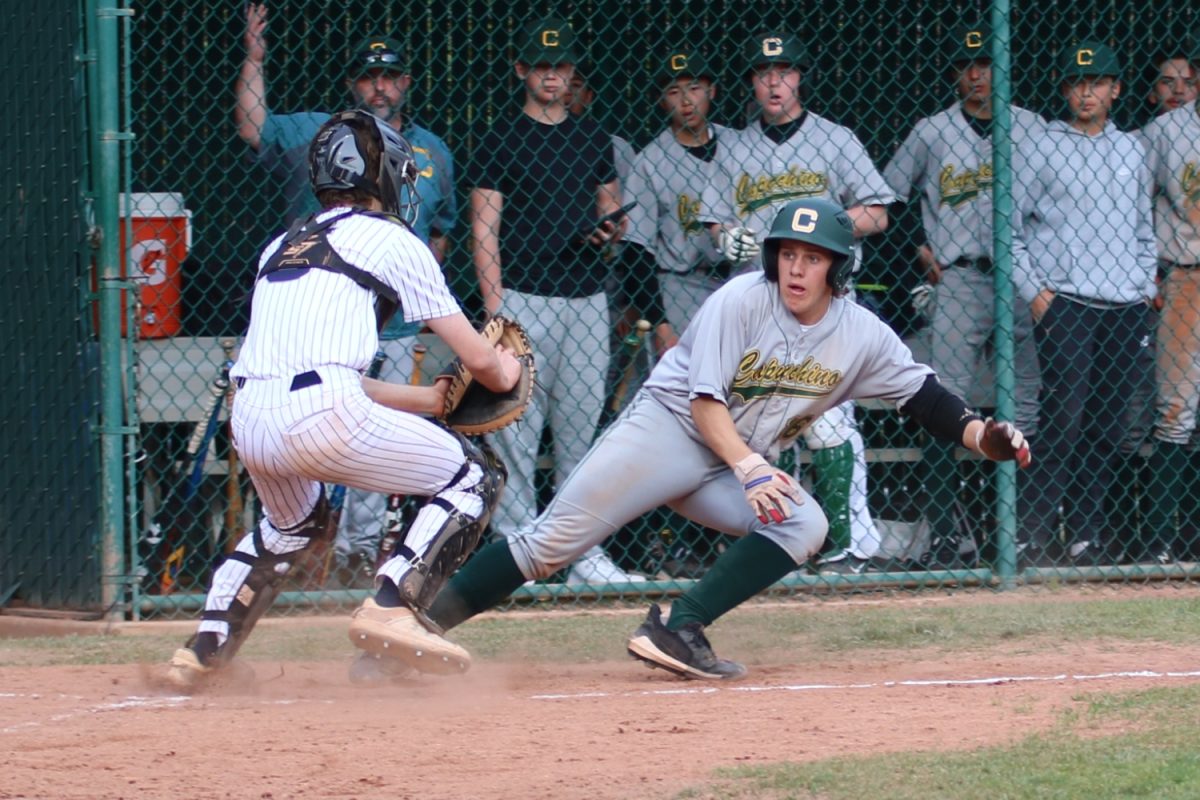
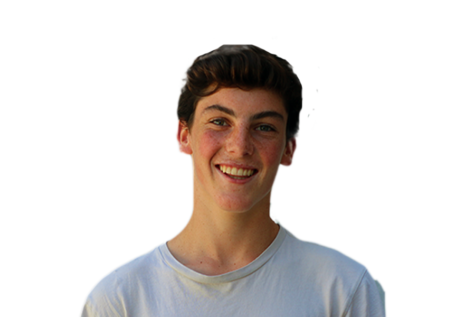

Patti Lorin • Sep 25, 2019 at 11:22 am
I’ve had the pleasure of watching Bernice in action from the sidelines. She’s got a velvet hammer in how she’s good to the girls yet expects high levels of commitment and effort. I’m grateful my daughter had the experience of working four years with such a consummate professional. Coach Bernice, of all the places you could choose to coach in the nation, thank you for sharing your talents with us here at Carlmont.